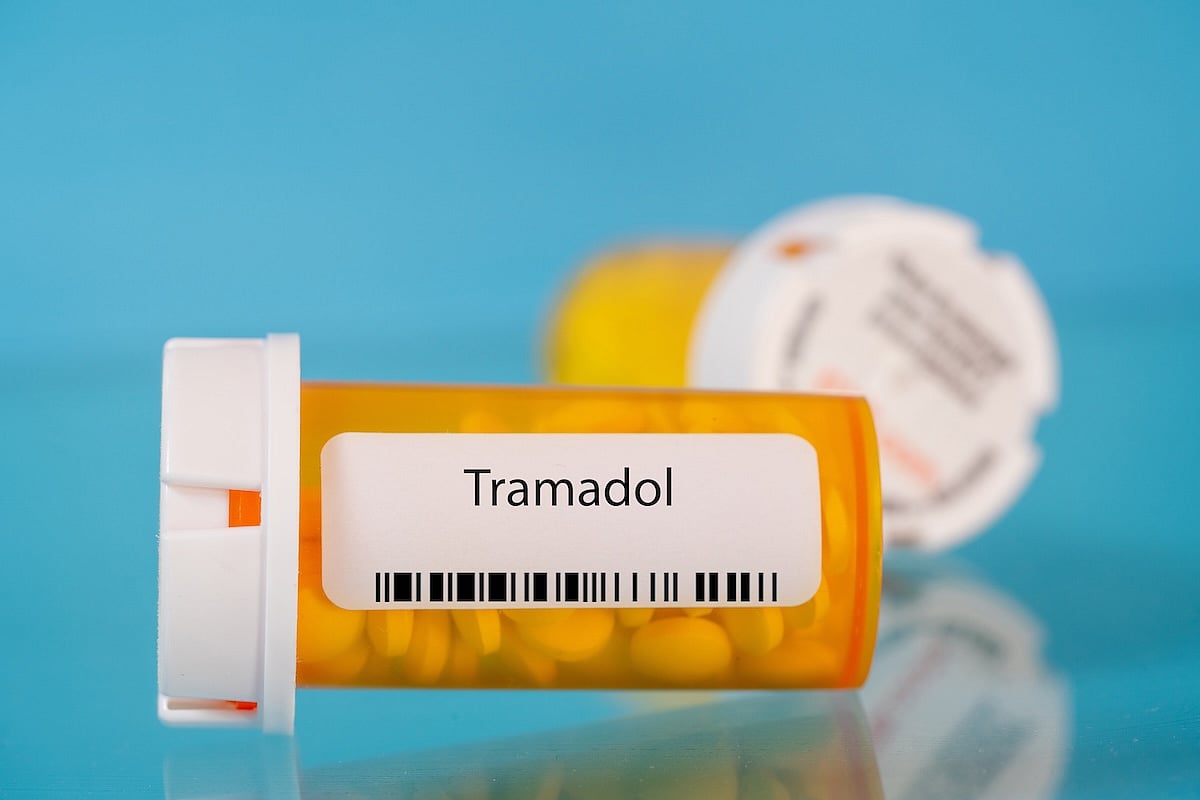
A Minnesota-based company is recalling two types of organic frozen spinach sold nationwide because they may be contaminated with Listeria, a bacteria that can cause serious or even life-threatening illness. The U.S. Food and Drug Administration (FDA) said the recall affects products made by Sno Pac Foods, which distributes both under its own brand name… read on > read on >










.jpg)







